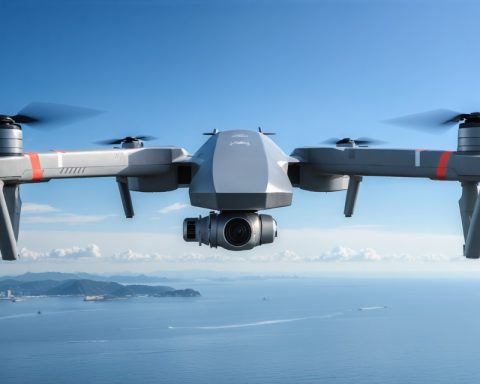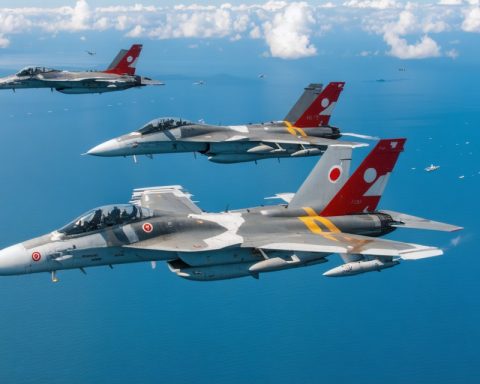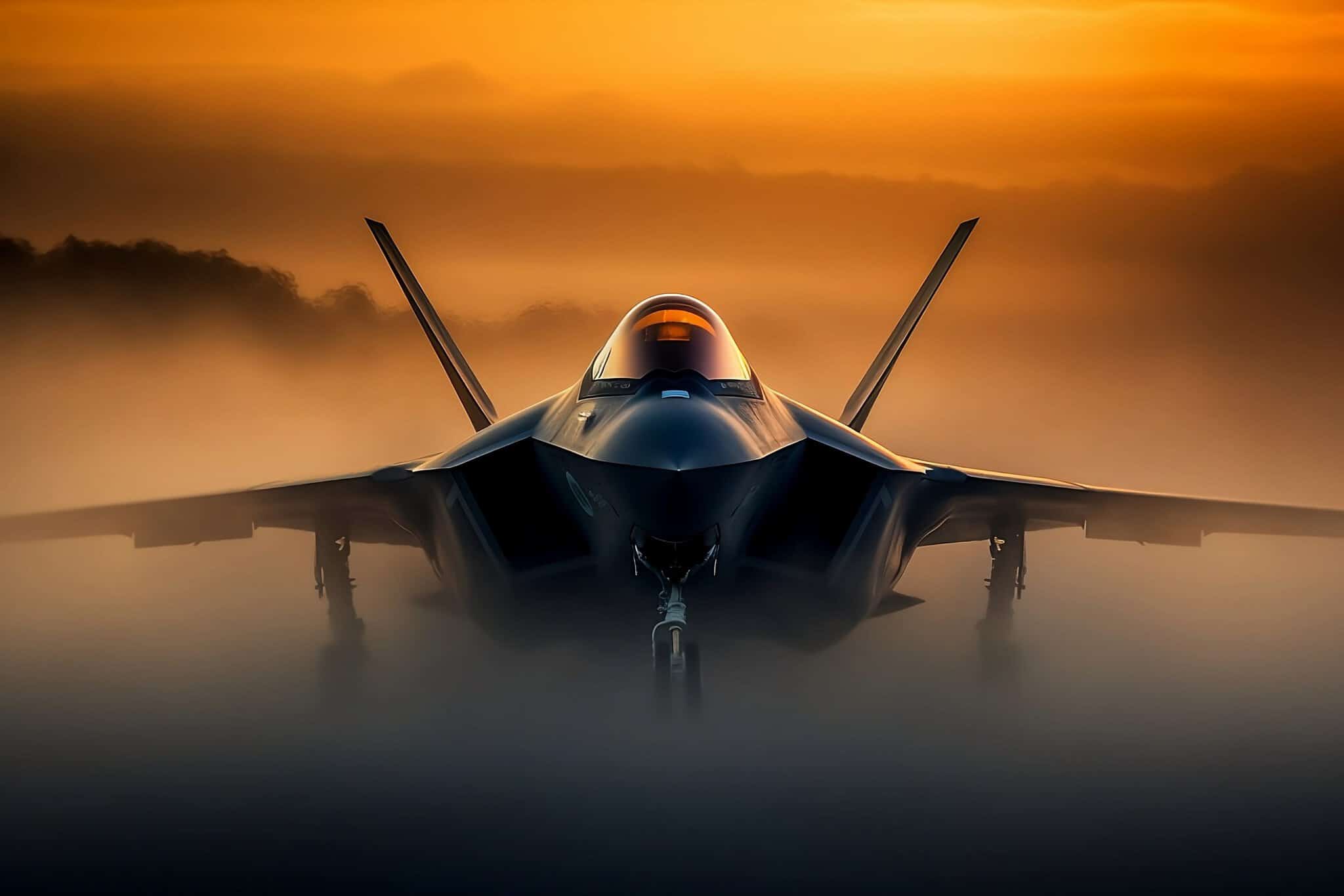The United Kingdom faces a legal challenge over its decision to allow the export of parts for F-35 fighter jets to Israel. These exports continue even amid concerns that they could potentially violate international humanitarian laws. Al-Haq, a prominent Palestinian rights organization based in the West Bank, has taken the UK’s Department for Business and Trade to London’s High Court to contest these actions.
The rights group focuses on documenting alleged violations by both Israeli and Palestinian authorities and argues that the exporting of such defense components may contribute to conflict escalation in Gaza. Earlier, Britain decided to suspend 30 out of 350 arms export licenses in a bid to regulate arms exports more stringently. However, exemptions were made for the indirect transfer of F-35 components, citing repercussions on the global supply chain of the fighter jet program.
Israel maintains that it takes necessary precautions to avoid civilian casualties and refutes accusations of war crimes or human rights abuses during its conflicts with Hamas in Gaza and Hezbollah in Lebanon. While this legal battle unfolds, it underscores the delicate balance nations must strike between security commitments and adherence to international human rights standards.
This case marks a significant moment in the ongoing debate over arms sales to conflict regions, highlighting the complexities nations face in maintaining both security alliances and ethical responsibilities.
The Unseen Impact: How Arms Trade Debates Shape Future Technologies
In the intricate theater of international relations and advanced technology, the United Kingdom’s decision to allow the export of F-35 fighter jet components to Israel brings forward an often-overlooked aspect: how arms trade regulations affect technological advancements and ethics in modern warfare.
Implications of the F-35 Program and Technological Spillover
The F-35 fighter jet, developed by Lockheed Martin, represents one of the pinnacles of military aviation technology. Known for its stealth capabilities, advanced avionics, and sensor fusion, the F-35 is a crucial component of modern defense strategies. However, it also serves as a case study in technological spillover—where military technologies find civilian applications. The development of these jets drives innovation in materials science, cybersecurity, and artificial intelligence, which eventually filters into consumer technology.
Advantages and Disadvantages of Defense Component Exports
Exporting components of systems such as the F-35 can strengthen diplomatic relationships and economic ties between countries. It allows nations to participate in collaborative defense initiatives, fostering technological exchange. However, it also raises ethical questions, particularly when the recipient country is involved in controversial conflicts.
Advantages:
– Technological Advancement: Sharing technology can accelerate advancements in defense and civilian sectors, benefiting industries such as aerospace and cybersecurity.
– Economic Benefits: Export deals can bolster the economy, providing jobs and fostering international trade relations.
Disadvantages:
– Ethical Concerns: The use of advanced weaponry in conflict-prone zones can lead to potential humanitarian law violations.
– Political Controversies: Agreements may lead to domestic and international opposition, challenging a country’s ethical stance.
A Global Dilemma: Security vs. Ethics
This ongoing legal challenge against the UK highlights a critical question: Can the international community balance national security needs with ethical responsibilities? History shows that armament decisions often bear long-term geopolitical implications. As new technologies are integrated into defense systems, the importance of such decisions magnifies.
Will Stricter Regulations Hinder or Help Progress?
One debate centers around whether stricter arms regulations will stifle technological progress. Some argue tighter controls could deter innovation by limiting market freedom and collaboration opportunities. Conversely, others affirm that ethical constraints motivate the pursuit of alternative, peaceful innovations, steering advancements like artificial intelligence and cybersecurity towards global betterment.
Related Links
For further insights into this complex narrative, explore UK Government, which provides updates on international trade and defense policies, and Lockheed Martin for information on the F-35 program and related technologies.
As this legal battle proceeds, the world’s eyes remain on the outcomes, potentially shaping future policy frameworks around arms sales. This pivotal moment invites a reevaluation of the role advanced technologies should play within the geopolitics of our era.










